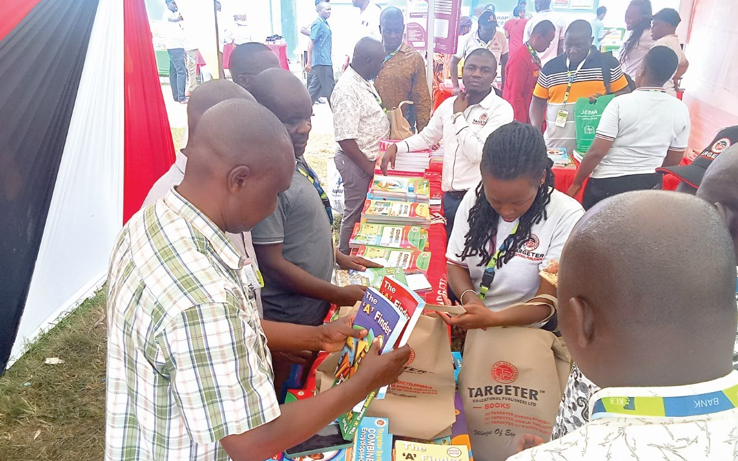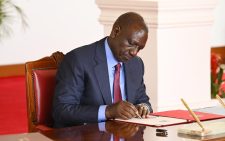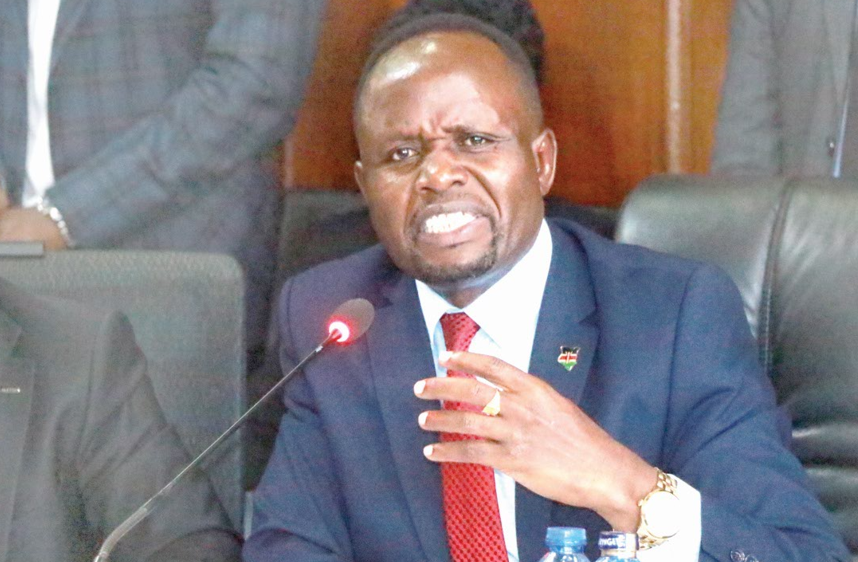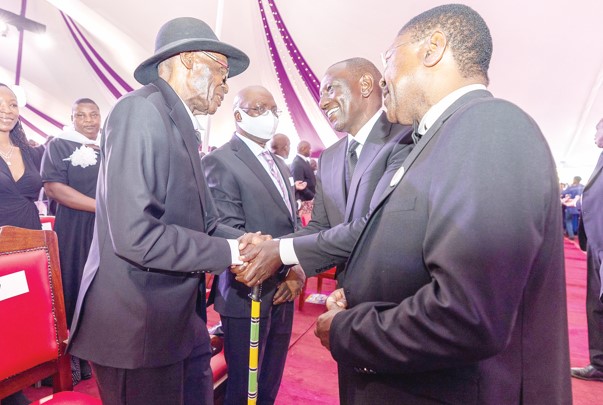State plan to boost fish production
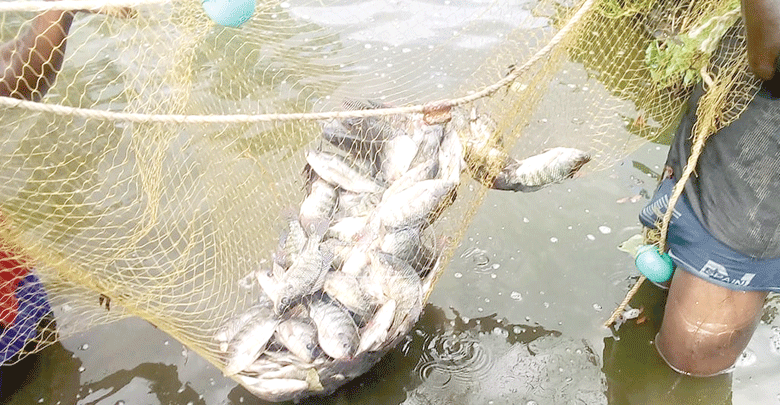
The government has kicked off the implementation of new agricultural interventions seeking to boost fish production by 2030.
Agriculture, Livestock and Fisheries Cabinet Secretary Peter Munya announced that the government is undertaking Sh14.9 billion IFAD-funded Aquaculture Business Development Programme (ABDP) being implemented in 15 counties to address underlying challenges impeding farmed fish productivity with a view of increasing the overall national production.
Consequently, Munya said the country aspires to raise the per capita fish consumption from current 4.5kg per person annually to over 10kg per person by 2030.
He regretted that there was still a huge gap between the current fish demand of 600, 000 metric tonnes against the national fish production of 150,000 metric tonnes.
“The figures indicate a huge consumption gap and a potential market for the Kenyan fish farmers.
Therefore the government has put intervention measures to address challenges in the fisheries and aquaculture sub-sector leading to this production shortages,” he said.
The CS stated that the aquaculture project aims at tackling among other issues provision of good quality fish farming inputs, backstopping of technical services, capacity building in fish processing and value addition and strengthening of linkages between producers and market as well as other actors across the value chain.
He added that the programme will support provision of extension services, support smallholder farmers acquire inputs, capacity building for aquaculture value chain players, complete the link between producers and markets for farmed fish and create structured markets and institutions in the aquaculture value chain.
Further, he extension services on fisheries and aquaculture at the county level have suffered because of inadequate skilled extension service providers, lack of mobility and resources needed for effective service provision.
“These programmes and initiatives are taken by the government in order to benefit smallholder farmers, develop agricultural value chains, stimulate growth in rural areas through provision of sustainable livelihoods, generate youth employment opportunities and sustainably deal with effects of climate change,” CS Munya said in a speech read on his behalf by the department Chief Administrative Secretary Lawrence Omuhaka in Kisumu.




